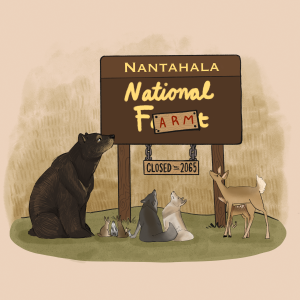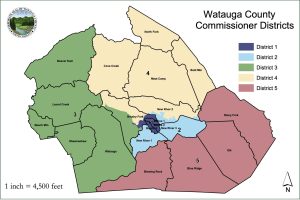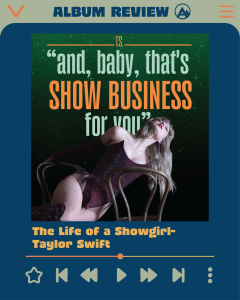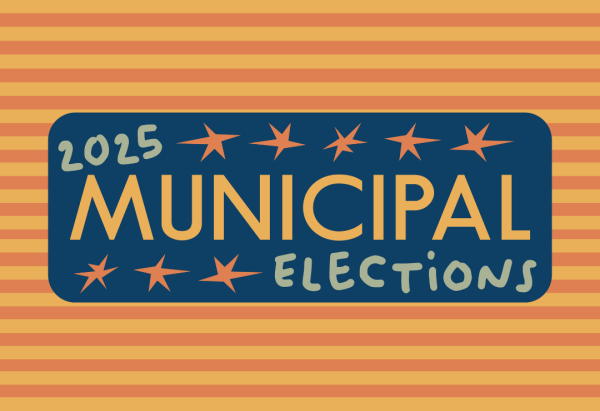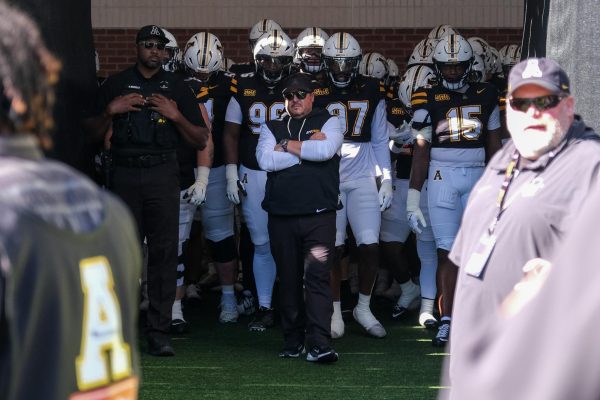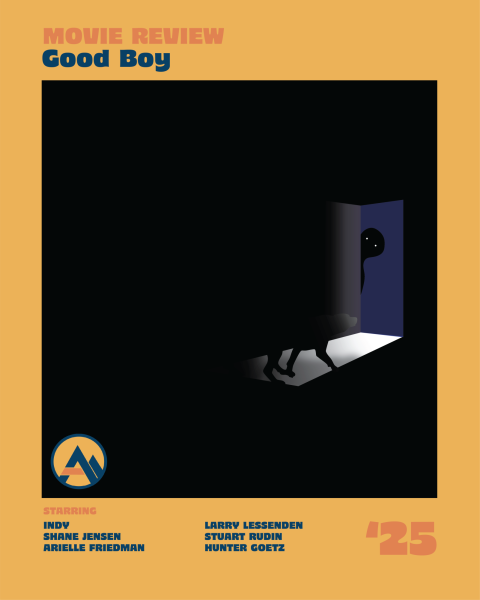App State provides resources to those impacted by food insecurity
September 27, 2019
Food insecurity affects about 43% App State students, according to the Office of Sustainability’s Outreach Coordinator Rebecca Walton — a problem that organizations like the Office of Sustainability and F.A.R.M. Cafe are working to correct.
History Professor Jeffrey Bortz said he believes food insecurity is a serious problem that needs addressing, and solutions need to be implemented to help food-insecure students.
During the 2017-18 academic year, one of three students experienced food insecurity, according to a study by Bortz. He is currently working on a second survey to determine if food insecurity is affecting more or fewer students. Its findings should be released at the end of the 2019-20 school year.
The Office of Sustainability created a food pantry in 2016 that was recently rebranded as a resource hub to help students get food, clothes, school supplies and reusables.
Walton said an estimated 10 to 20 students visit the food pantry every day.
The App State Food Resource Hub and Free Store is open to App State students and faculty members in need of food or goods. The store offers food items such as nonperishables, fresh bread and local seasonal fruits and vegetables, according to the University Sustainability website.
“We renamed the food pantry the Food Resource Hub because it’s more than just one food pantry,” said Steffey Guigou, senior community and regional planning major and sustainability office ambassador. “We have a couple of different satellite food pantries all over campus and we put those in place after faculty members reached out to us talking about how some of their students are food insecure.”
Food resources are now available in the hubs at the basement of East Hall, the James Center in Reich College of Education, DD Dougherty in the Student Access Office and Garwood Hall.
Alice Gryder, office manager for the Office of Sustainability, said her office is hosting a fall film series, showing “Urban Roots” in October, which is about food insecurity in Detroit to help educate students on the growing problem and the significance of helping people who are food insecure.
Additionally, F.A.R.M. Cafe operates as a nonprofit, pay-what-you-can community kitchen that builds a healthy and inclusive community, according to its website. Kim Short, the front house manager, said their vision “is to eliminate hunger in the High Country.”
Renee Boughman the founder of F.A.R.M Cafe said working at the cafe is a “fulfilling job that makes me feel like I’m accomplishing more than just a paycheck.”

